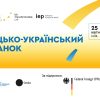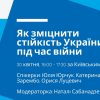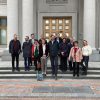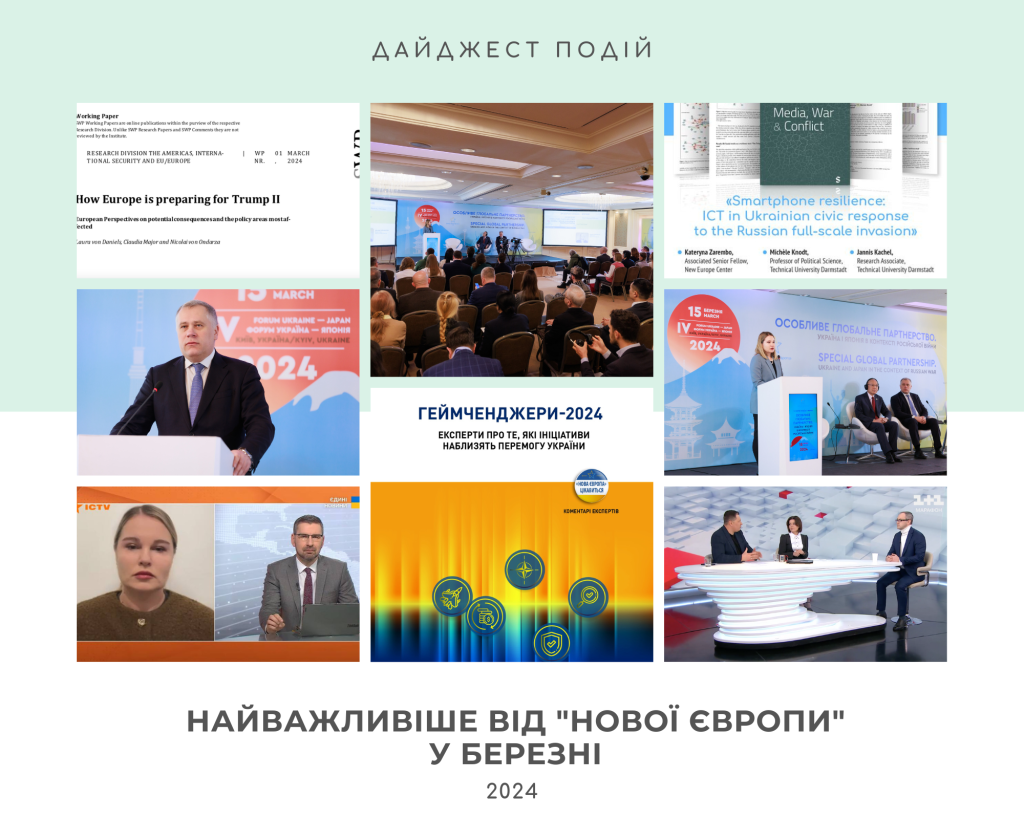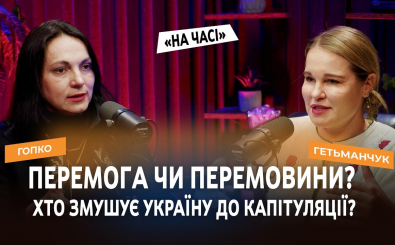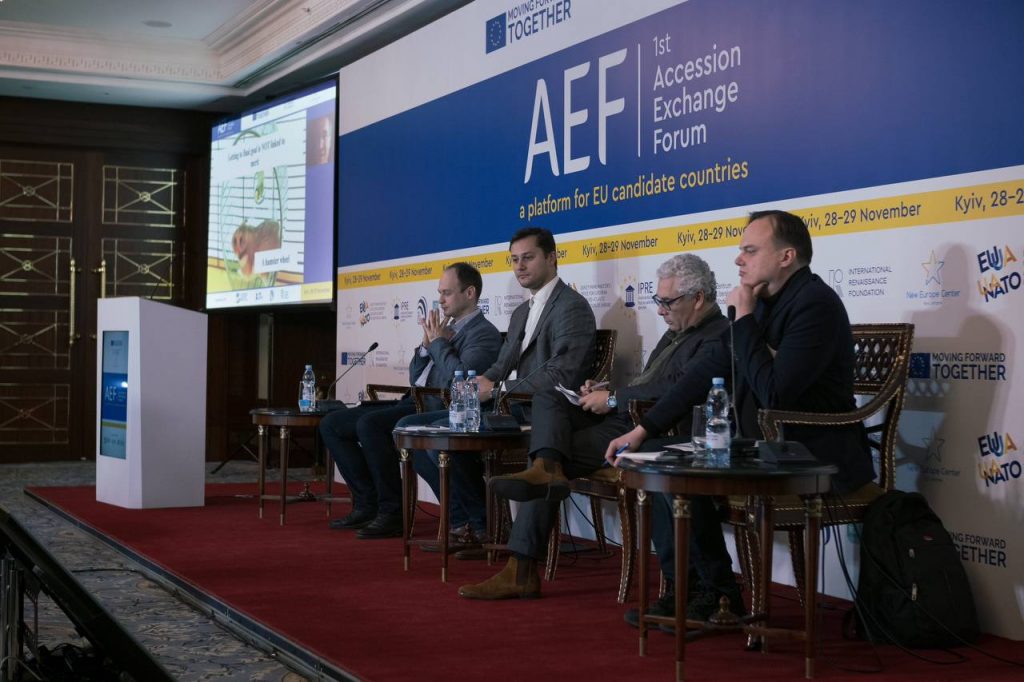
We bring to your attention the key messages of the speakers from the Session 5 of the 1st Accession Exchange Forum “Staged accession and reform of the enlargement methodology: how to accelerate EU membership?”.
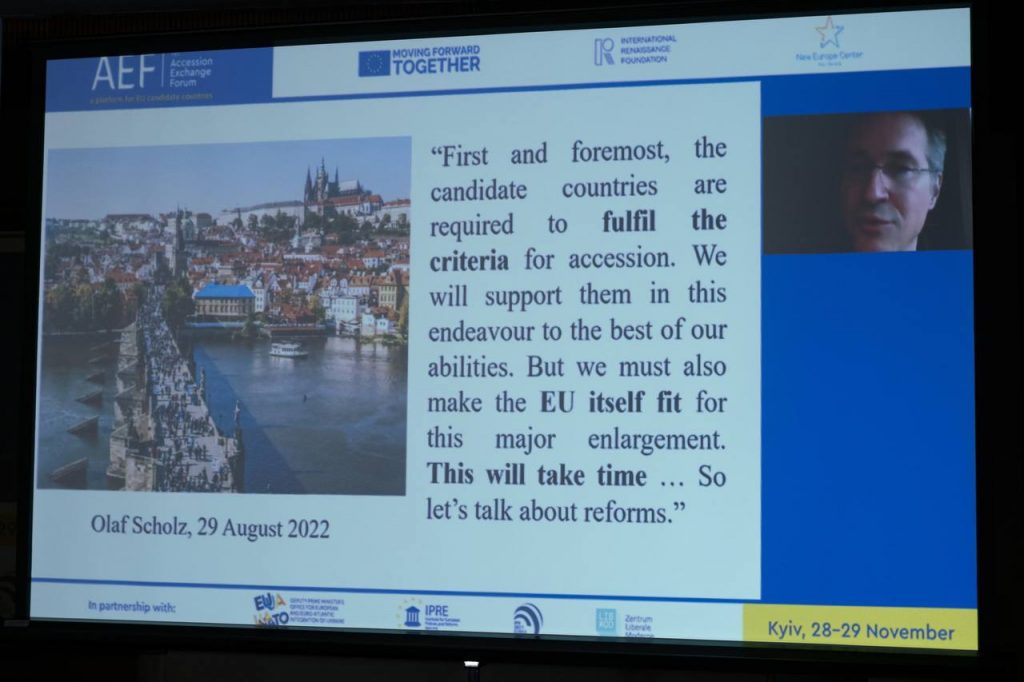
Gerald Knaus, Founding chairman at European Stability Initiative (ESI)
- What do we need to see in Ukraine in the next few years? I call it the Vilnius miracle: the countries having 37% of the GDP per capita of the EU average in 1999 moved to 81% a few years later. The way they achieved this Asian tiger style conversion was by fully integrating in the EU single market: goods, services, capital, and people.
- What is likely to happen in the nearest future in terms of EU enlargement is, unfortunately, not what must happen. It will be dependent on the current mood in key capitals. And the mood in Europe is that giving candidate status was already a big step. France believes that enlargement weakens the EU, Germany says that the EU at the moment can`t accept new candidates.
- Let’s look at the history of accession talks – when they started and they ended. They took 34 months for Slovakia; 56 months for Slovenia; 58 months for Bulgaria. It took 5.5 years for Croatia. What about Serbia and Montenegro? It is never-ending accession: they start and they never end.
- Crisis of enlargement is not acknowledged by the EU. The Commission says we have a process, it is working. In reality it is not working because there is no final goal linked to merit. Countries are like a hamster in a wheel: how fast you run, you will not get anywhere because some states tell us openly: we don’t want more members soon.
- Imagine that in the European Commission report in four years Ukraine has a good level of preparation in every chapter. What will happen? At the moment – very little. But something needs to happen at that stage. We propose: make strict Commission assessments the key to reach a meaningful goal. The EU has to define what happens when a country meets all these conditions. And that should be negotiated now.
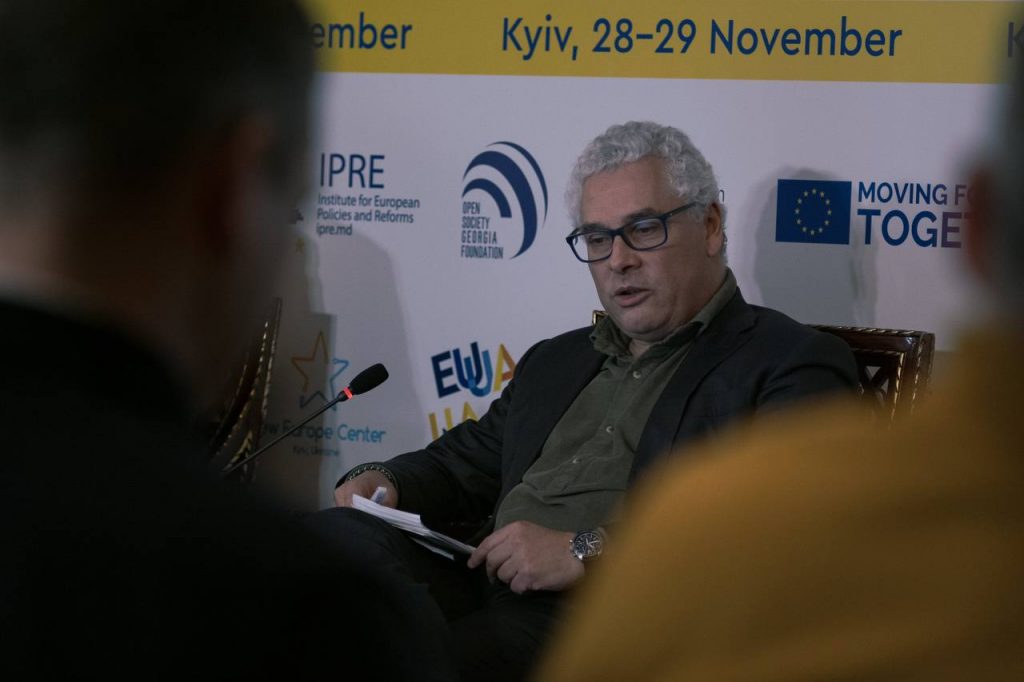
Emmanuel Dupuy, President of the Institute for European Perspective and Security (IPSE):
- In France we understand that the EU needs to change the methodology of the voting process and shift from consensus to qualified majority, when we will need the vote of at least fifteen among the 27 states. As of now already 80% of the legislative acts are based on qualified majority votes. We need to bring that to the Сommon Security and Defence Policy (CSDP) as well because it is the same necessity to act fast and more rapidly.
- We have to take into consideration the momentum where we are, besides the new methodology raised by the EU. There are certain numbers of new formats that can be useful and can accelerate the accession process for Ukraine, Moldova and Georgia. For example, the Baltic, Adriatic, Black Sea (BABS) Initiative.
- The defense of Europe is not only about collective security, it is also about deterrence, crisis management, and preventing the next conflict to come. We should focus on the need to build a new security and peace architecture.
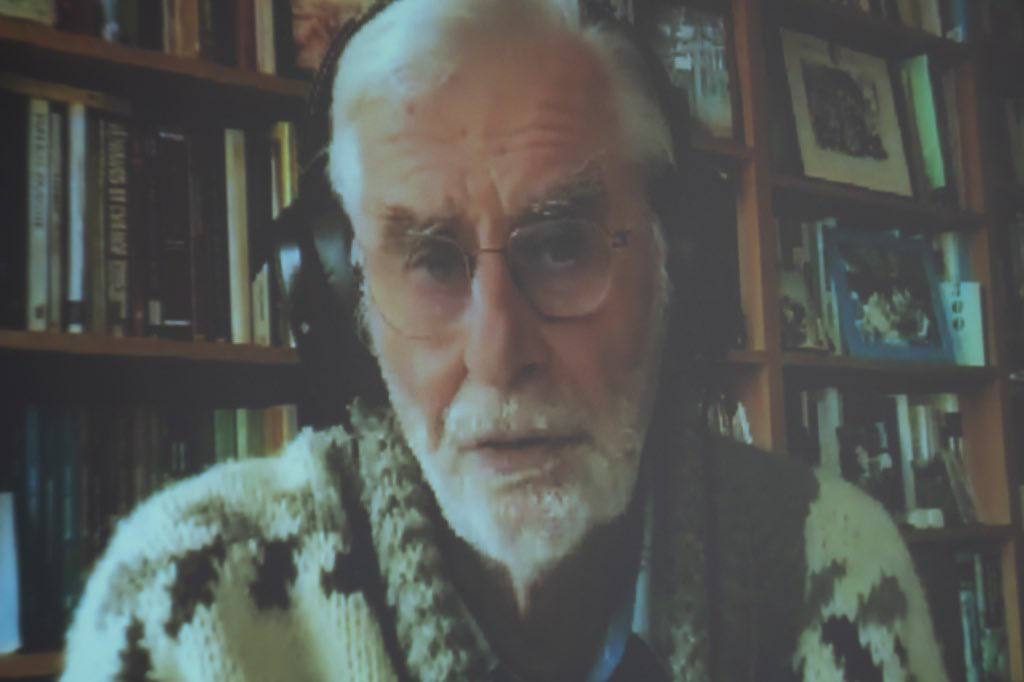
Michael Emerson, Associate Senior Research Fellow at the Center for European Policy Studies (CEPS):
- The existing methodology of EU voting is not good enough and has to be reformed. There is the issue of switching to the qualified majority voting.
- Internal market inclusion is a huge part of the vitally important process, but do not do the free movement of labor too fast. In this new Ukrainian situation, imagine the government lifting its state of emergency restriction on men’s movement. Well, then, they would love to join families abroad, and they might move to live in the EU. Therefore, be careful with that.
- For Ukraine to have seamless access to the single market of goods only 3 things are needed: 1) complete adoption of product standards; 2) reform of the customs services; 3) achieve qualitative assessment standards. These are already prime elements on the agenda and you in Ukraine are already working on them. You have it all in your hands. This is not the new offer being proposed by the EU to join the single market.
- It is not terribly interesting to advocate accession to the internal market, because it is already there, in the process and you are already working on it. What is not done is reformulation of the incentives by stages in order to accelerate the process.
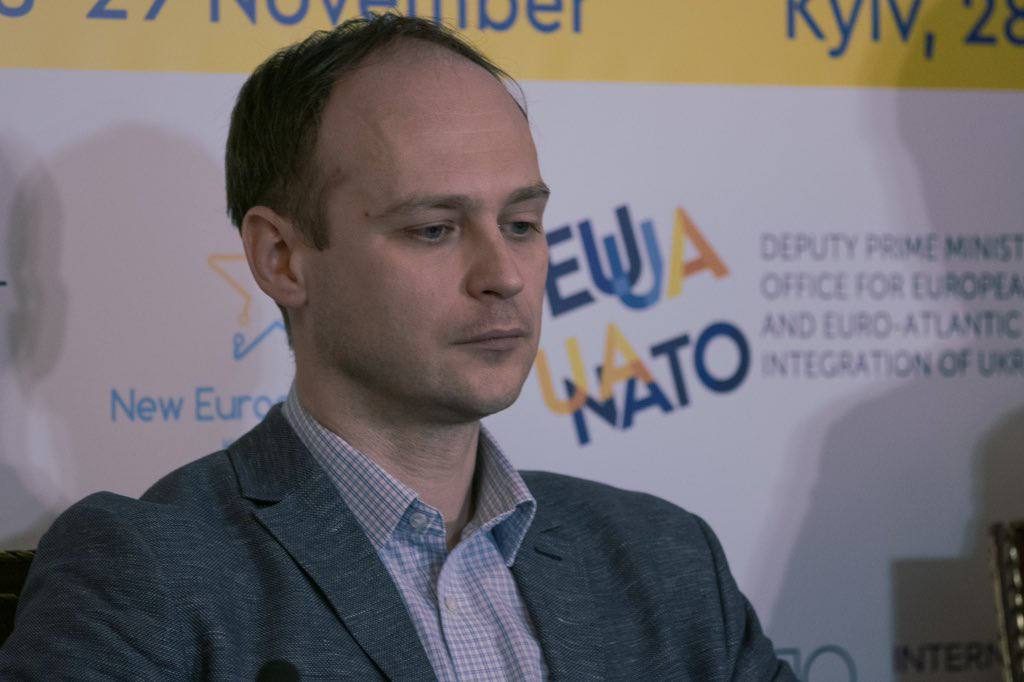
Dmytro Naumenko, Сo-founder and Senior Analyst at Ukrainian Centre for European Policy (UCEP)
- To be ready for the single market integration, we need to make lots of efforts in the customs area. We need some relief in customs procedures, transport, regulations etc. Also, we need to develop a common infrastructure. For example, the cross-border points which are governed jointly with European Union border states.
- An issue of post-war reconstruction would be crucial. It is a moral obligation of the EU, many items will be rebuilt. But if these funds, whatever they come from, will be spent transparently, it will give us a chance to move further on these accession methodology steps. If not, it will block our prospective accession to the EU for a long period.
- We need to understand now which kind of sectoral landscape we will need to develop to be integrated into the EU single market. Our old generation capacity will be destroyed and we will need to decide which energy system to rebuild. And it should not be the monsters of the soviet-type generation, which were built for completely other purposes. It should be a modern decentralized design based on the EU standards in energy efficiency.
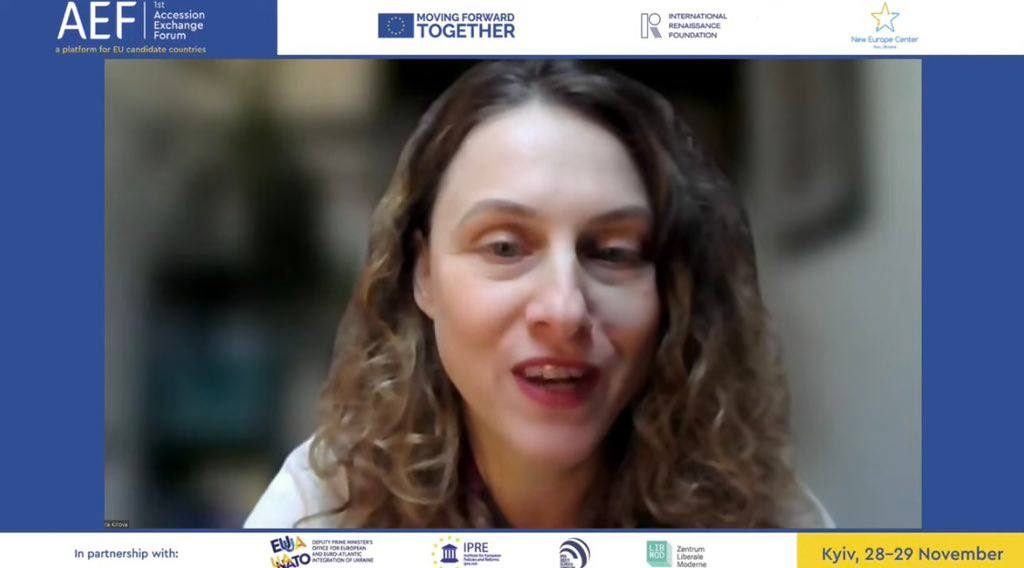
Iskra Kirova, Senior Policy Analyst at Open Society European Policy Institute
- The big accelerator of EU enlargement today is Russia’s war against Ukraine, and it was this new geopolitical context that revitalized the enlargement again. And the EU used it as a political tool to affirm the countries’ civilizational choice and to affirm the commitment to this choice.
- There are a lot of tasks in DCFTA, but it is an economic track, and of course we need to speak about the clear political track and the measures to socialize Ukraine, Moldova and other candidates. Ukraine has already informally participated in the European Council meetings, there is a configuration of the Council of Ministers and I think many of the ideas might be put forward to implement this.
- Democratization and the rule of law reform are very important, which DCFTA does not offer, and which is also critical to maintain a positive dynamic of enlargement.
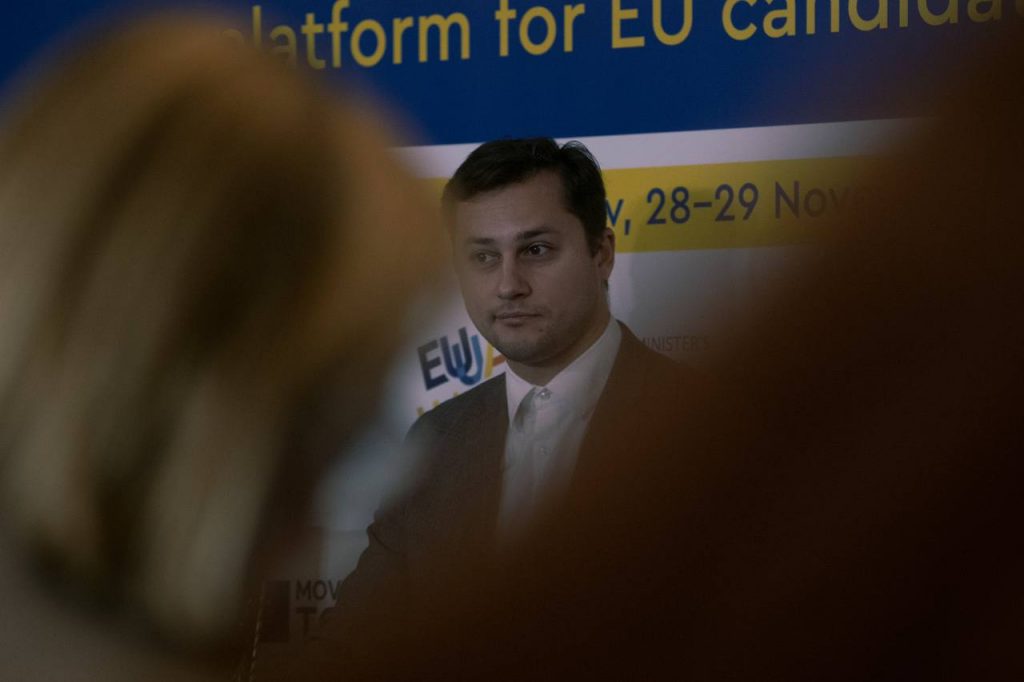
Adrian Lupusor, Executive Director at Expert-Grup, the Republic of Moldova
- I think there are two keywords about political will. The first is “convergence” and the second is “integration”. Before discussing EU membership I think we need to really emphasize these two important elements. As long as we have success on these dimensions, I am sure we will have a political will to progress with the EU enlargement.
- Three conditions for how to move faster with the bureaucratic process of the EU integration with certainty:
- First of all, EU candidate countries need certainty. If countries achieve the commitments or the conditionalities, we will not run like that mouse in the wheel and we will get a clear EU perspective not by words, but by actions.
- Second, the EU together with Ukraine and Moldova have to work more to have a clear understanding of conditionalities and indicators to measure reforms implementation. When Moldova got the candidacy status, we had 13 conditionalities, 4 of which were measurable and specific. Most of them are quite general and provide many maneuvers, subjectivism and basic uncertainty about how we will be evaluated. One particular example is deoligarchization. How can you achieve deoligarchization, in that short time frame? What is deoligarchization? There is no clear ground.
- Third, Moldova and Ukraine must achieve integration in as many sectors as possible. I resonate very much with the idea of entering a single EU market. We need good trade liberalization. Moldova does not need quotas to export, for example, plums or apples, to the EU market because we are so small and do not compete with the big producers in the EU.
Video recording of the Forum is available here: 1st day and 2nd day.
The Accession Exchange Forum is organized by the New Europe Center in partnership with the Office of the Deputy Prime Minister of European and Euro-Atlantic Integration of Ukraine, the International Renaissance Foundation, the Institute for European Policies and Reforms and the Soros Foundation in Georgia. The Accession Exchange Forum is taking place with EU support, within the EU-funded EU4USociety project implemented by the International Renaissance Foundation.



